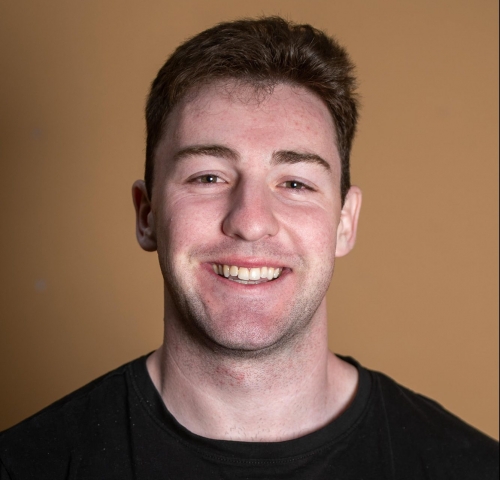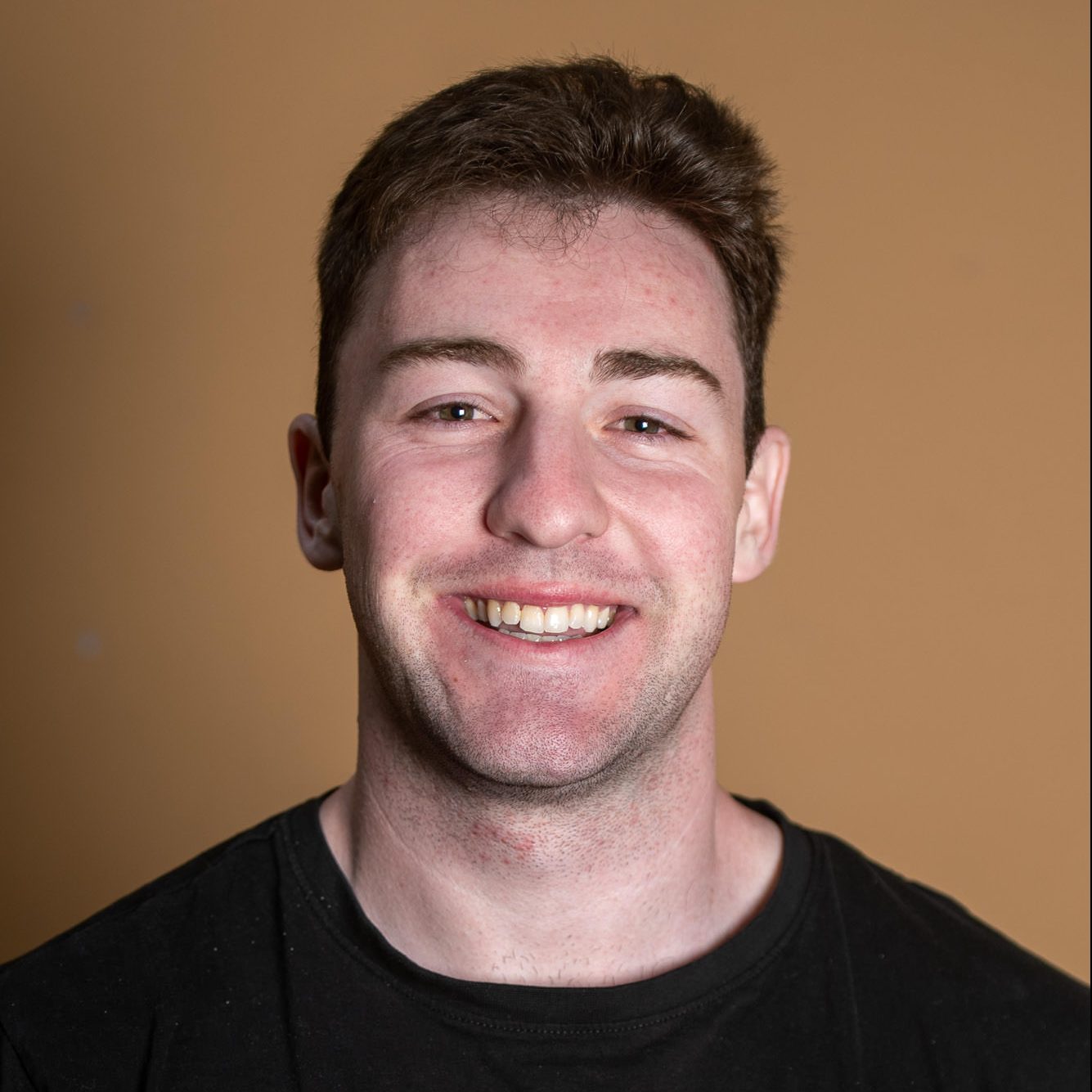
Sam Davis
The University of Queensland
I’m a PhD student in bioinformatics and biochemistry in the Boden Lab at The University of Queensland. My research is focused on computational methods for studying evolution in functionally diverse protein families. I love the inter-disciplinary nature of the field and hope to pursue a career in research following the completion of my PhD.
Can you give me a quick overview of the type of mathematics you are studying and its potential applications or outcomes?
I apply mathematical and probabilistic models to a variety of problems, such as investigating how complex protein families have evolved over billions of years. To this end, I’ve recently developed a bioinformatics tool which uses experimental data from present-day proteins to predict how those from the distant past functioned. With these predictions in hand, we can identify ‘ancestral’ protein variants with novel combinations of properties, and ‘resurrect’ them in the lab.
How did you get into the mathematical sciences/bioinformatics?
My undergrad was a mix of maths, biochemistry, and genetics, and it wasn’t really until my final year that I became interested in bioinformatics. From there, my eyes were opened to the power of applying mathematics and computation to biological problems.
What advice would you give to your younger self or others wanting to studying the mathematical sciences?
Learn to code and get comfortable dealing with large amounts of data! The future of science is computational, and these skills will give you an edge in any field.
What was your motivation for attending AMSI BioInfoSummer?
I’d heard great things from several past BioInfoSummer attendees. The week lived up to all expectations, with a series of engaging talks and workshops. I encourage anyone interested in bioinformatics, statistics or applied mathematics to attend. It’s a full-on four days, but you’ll learn so much and meet some fantastic people!
You received an AMSI BioInfoSummer travel grant to attend AMSI BioInfoSummer. How important was this in terms of your ability to attend and fully participate in the sessions throughout the week?
The travel grant allowed me to plan my trip without the added worries of travel costs and accommodation. It was essential for my attendance.
What was your main take away from AMSI BioInfoSummer?
Aside from the quality of all the talks and workshops throughout the week, BioInfoSummer provided a fantastic opportunity to expand my network. I had the opportunity to meet several other bioinformatics students from across the country, as well as engage with some inspiring researchers. These personal and professional connections were the most valuable aspect of my BioInfoSummer experience.
Where do you want the mathematical sciences to take you? Where do you see yourself in five- or ten-years’ time?
BioInfoSummer showcased several potential career pathways, including in industry. While my hope is still to undertake a postdoc overseas following my PhD, it’s great to know that opportunities exist outside of academia in which maths and bioinformatics skills are highly sought after.

